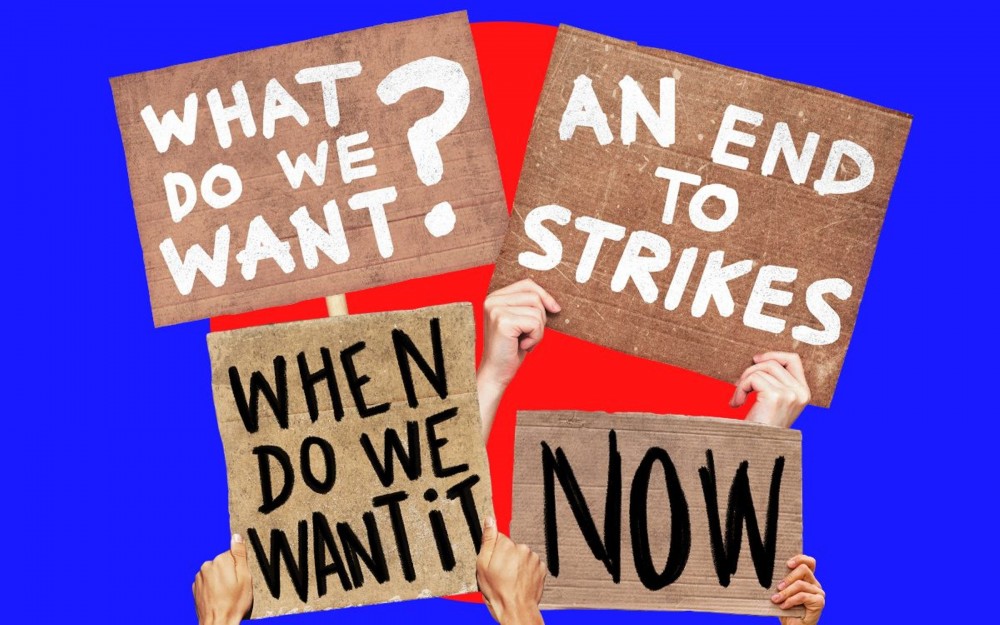
Worker strikes were a common phenomenon in the socialist Yugoslavia, although they officially never existed. They were called work interruptions and were not something that complex Yugoslav self-managed socialism recognised as part of political struggle, since workers officially influenced on all major decisions through so-called self-managing process. This strikes were mostly spontaneous and without the back-up of state and party controlled syndicates. Their origin usually laid in the profit distribution, which was not used for basic investments and living standard of the workers, since it was spent for other capital investment, determined by higher self-management administrative bodies. Strikes were therefore attacking the system by criticizing its own foundations, but not seriously endangering it. Number of strikes was relatively big, their number depending mostly on the changing condition of the Slovene/Yugoslav economy, booming in the late 1980s, when the word strike entered into the official vocabulary once again.
Source: Hadalin J. (2018). “We have no strikes in Yugoslavia, there are only some occasional self-managed work interruptions.” Strikes in socialist Slovenia from the Trbovlje miners strike in 1958 to the strike wave in the late 1980s. Central European Papers. 6(1): 139-156
Source web-site: https://cep.slu.cz/pdfs/cep/2018/01/08.pdf
Number of views: 2147